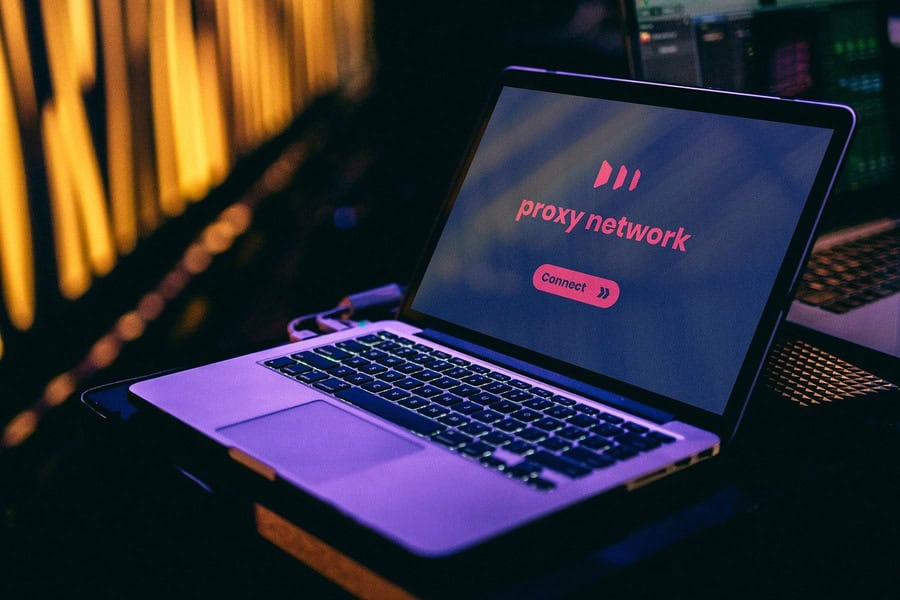In today’s digital age, protecting your privacy online is more important than ever, with the IP address—essentially your digital “home address”—revealing everything from your location to browsing activity. As concerns over data privacy and tracking intensify in 2024, many are exploring reliable ways to hide their IP addresses. These methods range from VPNs to public Wi-Fi, with each offering unique benefits for users looking to secure their online presence.
An IP address, assigned by your internet service provider (ISP), uniquely identifies your device on the internet and makes it possible for websites, advertisers, and even cybercriminals to monitor your activity. In recent years, data tracking has become ubiquitous, with IP addresses being used to deliver targeted ads, track user behavior, and, in some cases, restrict access to certain content. As a result, privacy-conscious users are increasingly looking for ways to keep their IP addresses hidden. Here are some of the top methods being used in 2024 to ensure online privacy.
Virtual Private Networks (VPNs) continue to be the most popular choice for users looking to conceal their IP addresses. A VPN routes internet traffic through a secure, encrypted server in another location, effectively masking your IP address. Premium VPN services like ExpressVPN, NordVPN, and Surfshark allow users to choose from servers in multiple countries, providing flexibility and security. Features like kill switches and ad blockers add an extra layer of protection, making VPNs suitable for everything from streaming to online shopping.
According to industry experts, VPNs offer a secure balance of privacy and performance. “A VPN gives users control over where their IP appears to be from, which is ideal for privacy and even accessing geo-restricted content,” said a spokesperson for NordVPN. While some free VPNs are available, experts recommend paid options, as they offer more robust security features and higher speeds.
Proxies are another commonly used tool to hide IP addresses. Acting as an intermediary between your device and the internet, proxies provide an alternate IP address and are effective for bypassing region-based restrictions. However, proxies lack the encryption that VPNs offer, which means they’re less secure for sensitive data. While proxies are convenient for quick, anonymous browsing, they may not be ideal for users prioritizing comprehensive privacy.
Many tech experts suggest proxies for casual internet use but caution against relying on them for more secure browsing. “Proxies can mask your IP quickly, but they don’t offer the full data protection that VPNs do,” commented cybersecurity researcher Jane Russell.
The Tor network provides an extremely private browsing experience by routing data through multiple layers of servers, masking users’ IP addresses at each stop. Tor’s multi-layered approach offers high-level anonymity, making it a preferred option for those prioritizing privacy above all else. However, Tor’s intensive routing process can slow down internet speeds, limiting its practicality for tasks like streaming or gaming.
While Tor is free to use and highly secure, its speed limitations make it less convenient for everyday browsing. Privacy advocates, however, continue to recommend Tor as a strong choice for those who need the highest level of security.
Switching to a mobile network provides a quick way to change your IP address. Cellular networks often assign dynamic IPs, which means your IP address can change frequently. While this method is effective for temporary anonymity, it’s not ideal for long-term privacy, as mobile data usage can quickly drain data plans and impact speed.
Using mobile data can be an option when other IP-masking tools are unavailable. However, it doesn’t offer the robust protections of VPNs or Tor and may not be ideal for data-intensive activities.
Using public Wi-Fi networks at cafes, libraries, or other locations can temporarily obscure your IP address by routing your traffic through a shared network. However, public networks are typically unsecured, posing risks for personal data. Security experts advise caution when using public Wi-Fi, especially when accessing sensitive accounts.
While connecting to public Wi-Fi can mask your home IP, experts recommend pairing it with a VPN for enhanced security. Many free networks are vulnerable to attacks, making it easier for hackers to intercept data. “Public Wi-Fi can provide anonymity, but it also opens users up to greater security risks,” explained cybersecurity consultant Michael Lawson.
As digital privacy concerns continue to rise, each IP-hiding method offers unique advantages suited to different needs. VPNs remain the top choice for users seeking a combination of security, ease of use, and speed. Tor and proxies provide alternatives, with Tor favored for maximum privacy and proxies offering a lighter, faster option for masking IP addresses. For those looking for short-term solutions, mobile networks and public Wi-Fi may serve as quick fixes but lack the robust protection that VPNs and Tor provide.
In a world where data is increasingly used to monitor and control online activity, protecting your IP address has become an essential measure for maintaining privacy. With the right tools, users can navigate the internet securely, prevent tracking, and ensure a safer, more private online experience.

